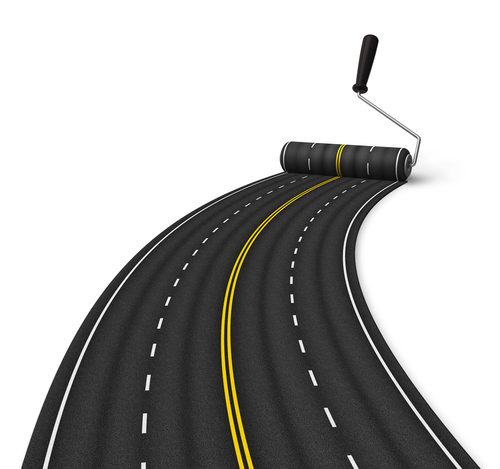Planning for Learning’s Rapidly Approaching Future

For decades, companies tried to become more adaptive and agile to keep up with the “speed of business.” Quite often, however, we look up from our planning and strategizing only to see that the point we were aiming for rushed pass us at light speed, forcing the process to begin again.
The learning function is uniquely susceptible to this phenomenon. As we try to create programs to deliver skills the future requires, that future often arrives too quickly or the requirements simply change before we can address them.
As companies run headlong into a new wave of digital transformation, Learning has a responsibility to be a strategic agent of that change. We must stop the cycle of putting out fires and instead craft a vision and strategy for the long term, a strategy recognizing the fluidity and complexity the future brings.
One of the concepts that comes up most often in this environment is “continuous learning.” We already know that people are learning and re-learning all the time. Organizations must embrace this and provide learning opportunities that meet people where they are — as they work. Not only does this approach provide more immediate impact, it can also future-proof the learning strategy.
Brandon Hall Group and Litmos teamed up to deliver a webinar that examines how continuous learning can fundamentally change the impact learning can have on performance, results and the future of the organization.
By operating on a smaller and more frequent scale, the learning function adapts faster to changing business needs. Traditional learning methods tend to be somewhat static — if not carved in stone — while a more modern and continuous approach adapts to the world around and ahead of it. Think of it as a cruise ship trying to change direction, while a Jet Ski runs circles around it.
Today’s technology opens up new pathways to the future, providing a myriad of ways to reach and serve the modern learner. By opening up our learning strategies, we make learning feel like a more natural and transparent part of the job. We don’t need to dictate how and when people learn; just give them the tools and knowledge they need to continuously improve and succeed.
For much more on this subject, please view the recorded webinar.
—David Wentworth, Principal Learning Analyst, Brandon Hall Group @davidmwentworth




